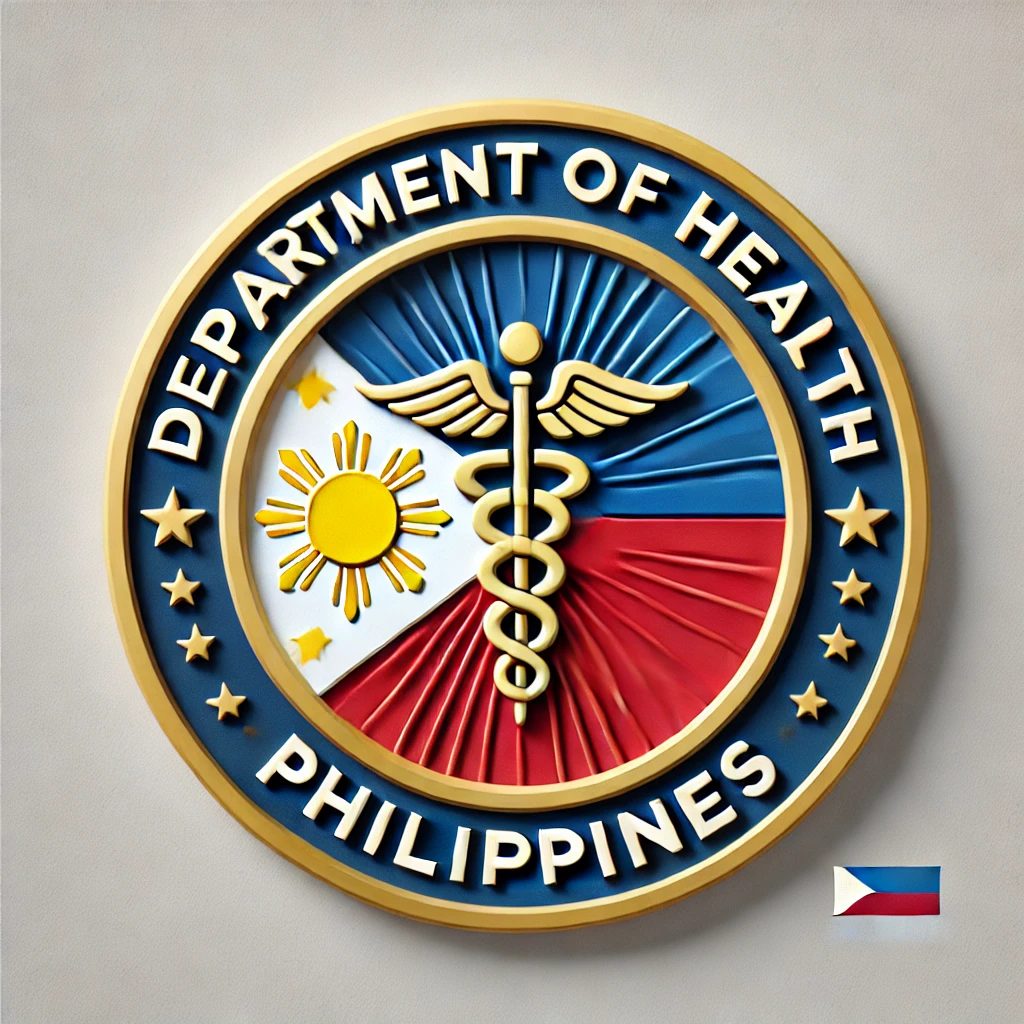Introduction
The Philippines Department of Health (DOH) faces immense challenges, from bridging urban-rural healthcare gaps to managing outbreaks and optimizing limited resources. Artificial General Intelligence (AGI)—a form of AI capable of human-like reasoning across diverse tasks—could revolutionize how the DOH addresses these issues. While the DOH isn’t a profit-driven entity, AGI offers opportunities to enhance efficiency, reduce costs, and improve health outcomes, ultimately fostering a more sustainable and resilient healthcare system.
1. Expanding Access to Healthcare with AGI-Powered Telemedicine
Challenge: Millions in rural areas lack access to specialists and clinics.
AGI Solution: Deploy AGI-driven virtual health assistants to provide preliminary diagnoses, triage patients, and offer treatment recommendations via smartphones or local health centers.
Benefit: Reduces the burden on physical facilities, lowers travel costs for patients, and enables early intervention. Savings from reduced hospitalizations can be reinvested into rural health infrastructure.
2. Optimizing Resource Allocation and Cost Efficiency
Challenge: Budget constraints and inefficient resource distribution.
AGI Solution: Use AGI to predict disease outbreaks (e.g., dengue, measles) and optimize supply chains for medicines and vaccines. AGI can also forecast equipment needs, minimizing waste.
Benefit: Prevents stockouts and expired supplies, saving millions annually. Redirected funds could support preventive care or training programs.
3. Augmenting Healthcare Workforce Capabilities
Challenge: Doctor-to-patient ratios are among the lowest in Southeast Asia.
AGI Solution: Automate administrative tasks (e.g., patient records, billing) with AGI, freeing up staff time. AGI simulations could also train midwives and nurses in complex procedures.
Benefit: Improves service speed and quality while reducing burnout. Long-term, this could attract more talent to public health roles.
4. Revolutionizing Data-Driven Decision-Making
Challenge: Siloed data slows policymaking and outbreak response.
AGI Solution: Integrate data from hospitals, labs, and community surveys into an AGI system to identify trends, predict epidemics, and evaluate policy effectiveness in real time.
Benefit: Faster responses to crises like COVID-19 or typhoon-related health issues, reducing economic losses from prolonged outbreaks.
5. Enhancing Public Health Education and Outreach
Challenge: Misinformation and low health literacy hinder preventive care.
AGI Solution: Deploy multilingual AGI chatbots on social media and SMS to disseminate accurate information on vaccinations, nutrition, and sanitation. Personalize alerts for at-risk populations.
Benefit: Healthier communities reduce long-term treatment costs. Partnerships with tech firms could subsidize these tools.
6. Accelerating Medical Research and Innovation
Challenge: Limited funding for local research on diseases like tuberculosis or diabetes.
AGI Solution: AGI can analyze global medical databases to identify drug candidates or repurpose existing treatments. Collaborate with universities and pharma companies to fast-track trials.
Benefit: Lower R&D costs and potential revenue from licensing discoveries or AI tools.
7. Generating Sustainable Revenue Streams
While the DOH isn’t a profit-seeking body, AGI can unlock financial sustainability through:
- Public-Private Partnerships (PPPs): Partner with tech companies to co-develop AGI tools, sharing costs and intellectual property rights.
- Regional Leadership: Offer AGI-driven health analytics services to other ASEAN nations, positioning the Philippines as a digital health hub.
- Grant Funding: Demonstrate AGI pilot successes to attract international health grants or climate-resilience funds.
Challenges and Considerations
- Data Privacy: Ensure compliance with the Philippine Data Privacy Act and secure sensitive health data.
- Infrastructure: Invest in internet connectivity and hardware for rural areas.
- Ethics: Avoid bias in AGI algorithms and prioritize transparency.
Conclusion
AGI presents a transformative opportunity for the Philippines DOH to overcome systemic challenges, save costs, and deliver equitable care. By strategically investing in AGI pilots, fostering partnerships, and prioritizing ethical frameworks, the DOH can build a healthcare system that’s not only efficient but also resilient in the face of future crises. The real “profit” lies in healthier Filipinos and a stronger nation—outcomes that are truly priceless.
Call to Action: The DOH should establish an AGI task force to explore pilot programs, engage stakeholders, and secure funding. The future of Philippine healthcare starts today.
